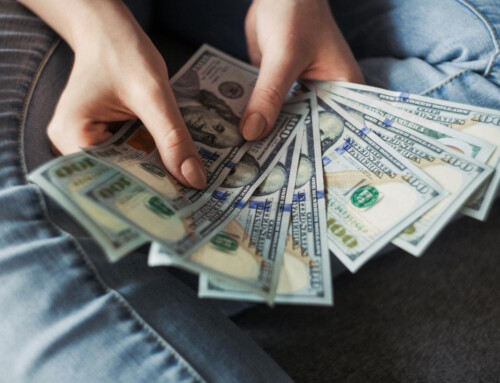Last month, the US Supreme Court unanimously ruled in Romag Fasteners v. Fossil Group that a party whose trademark has been infringed does not have to prove that the infringement was willful in order to obtain an award of the infringer’s ill-gotten profits.
While the Court did reiterate that “a trademark defendant’s mental state is a highly important consideration in determining whether an award of profits is appropriate,” it made clear that willfulness is not always required.
What does this mean for you?
This decision may increase monetary awards in trademark infringement cases by making an award of ill-gotten profits much more easily obtained in some jurisdictions. You should, therefore, be more careful than ever to avoid infringing others’ trademarks.
This would include having a thorough trademark search conducted for all new marks. The search should cover not only the US Patent & Trademark Office’s registrations, but other databases and the Internet.
It would also be prudent to check the Canadian and Mexican registrations, as well as those of other pertinent foreign jurisdictions, particularly if you use your mark online.
In addition, if someone has been infringing your mark, you may want to reevaluate the economic feasibility of litigation in light of this decision.
Facts of the Case
Romag Fasteners sells magnetic snap fasteners for use in wallets, handbags, and other leather products. Fossil designs, markets, and distributes fashion accessories, including handbags and small leather products. In 2002, Romag and Fossil agreed that Fossil would use Romag fasteners in some of its products.
Several years later, Romag found that some Fossil handbags contained counterfeit snaps bearing the Romag mark. Romag then sued Fossil for patent and trademark infringement, claiming that Fossil knowingly adopted and used the Romag mark without Romag’s consent.
A jury found that Fossil had infringed Romag’s trademark and patents but that none of the violations were willful. Rather, Fossil had acted only in callous disregard of Romag’s rights.
Although the jury awarded Romag $6.7 million of Fossil’s profits to “deter future trademark infringement,” the district court struck the jury’s award, holding that “a finding of willfulness remains a requirement for an award of defendants’ profits” in the Second Circuit.
The appellate court agreed, and Romag petitioned the U.S. Supreme Court for a writ of certiorari. The Court granted the petition, vacated the appellate decision, and remanded the case. On remand, the Federal Circuit again declined to award Fossil’s profits to Romag.
Until this decision, there was a split among the appellate court circuits as to whether a showing of willfulness is required by the trademark laws. Willfulness was not required for an award of trademark profits in the Third, Fourth, Fifth, Sixth, Seventh, and Eleventh Circuits, but the First, Second, Eighth, Ninth, Tenth and D.C. Circuits required a finding of willfulness to award profits.
**********
Please feel free to contact us if you need any assistance with choosing, protecting or enforcing your trademarks.
Photo by Clay Banks on Unsplash






